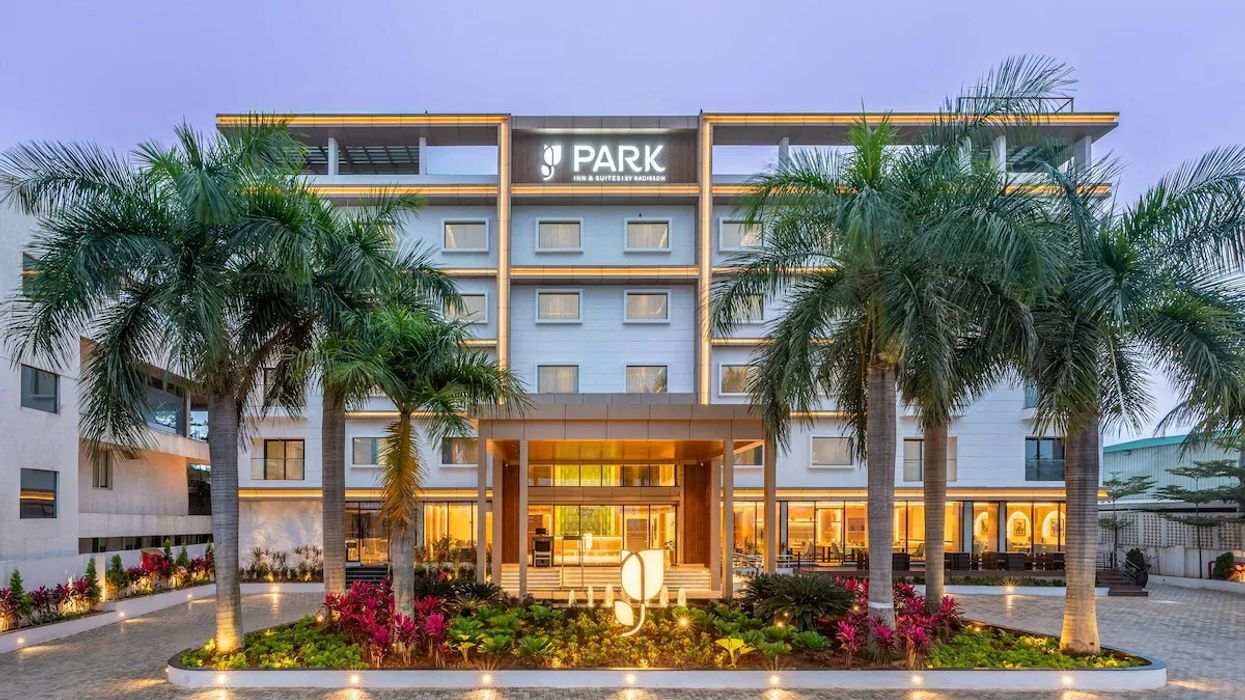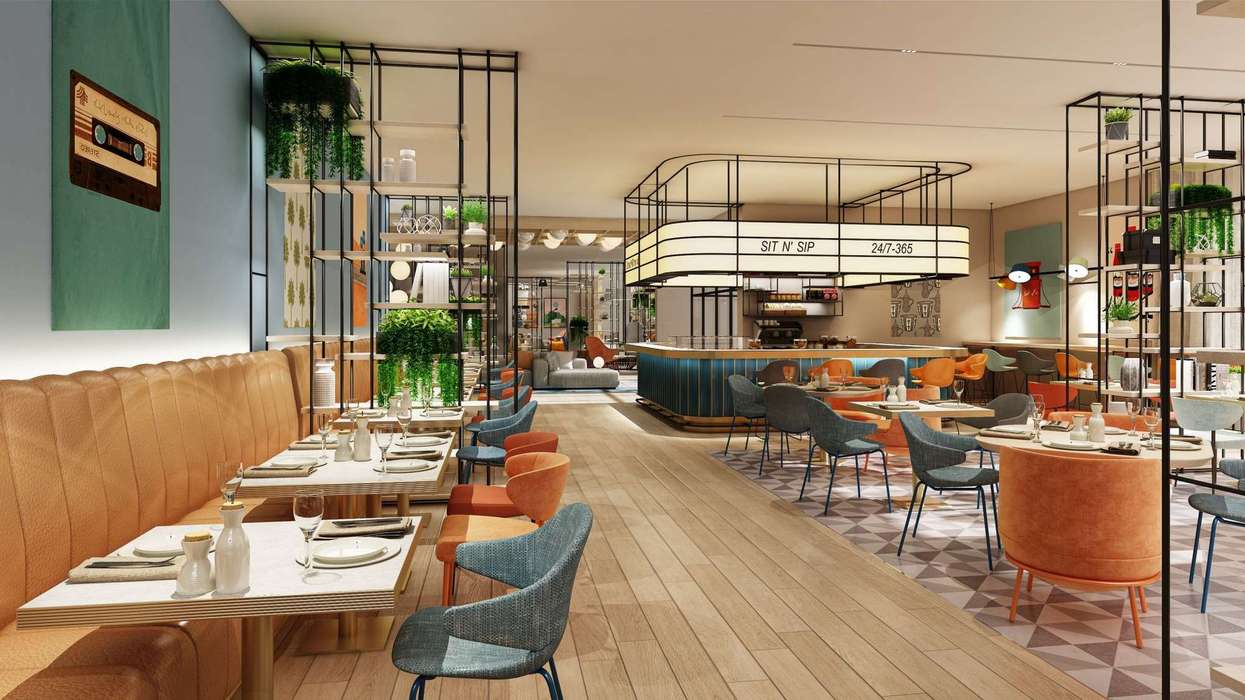Radisson Hotel Group - Strategic Expansion Targets Diverse Travel Segments
RADISSON HOTEL GROUP opened five hotels across India in the first half of 2025. The company is expanding its presence across locations and traveler segments, including corporate, spiritual and leisure demand.
RHG hotels are in Jamshedpur, Jharkhand; Yelahanka, Karnataka; Koti, Himachal Pradesh; Gaj, Punjab and Prayagraj, Uttar Pradesh. The expansion reflects the company’s development strategy and understanding of India’s hospitality market, it said in a statement.
“Our expansion is a direct outcome of our adaptive development strategy and deep understanding of India’s dynamic hospitality landscape,” said Nikhil Sharma, RHG’s managing director and area senior vice president for South Asia. “From industrial cities like Jamshedpur to leisure and spiritual destinations like Koti and Prayagraj, we are committed to offering trusted hospitality experiences wherever our guests go. By leveraging our diverse brand portfolio and flexible conversion models, we aim to build strong local partnerships while delivering consistent experiences for business, leisure and spiritual travelers alike.”
Belgium-based RHG is the second-largest international hotel company in India after Marriott International, which has about 150 properties. Choice Hotels International owns Radisson brands in the Americas, including Park Plaza, Country Inn & Suites and Park Inn by Radisson.
Five locations
RHG entered Jharkhand with the opening of the 105-key Radisson Hotel Jamshedpur, owned by Raj Kumar Agarwal and Prakash Jha. It includes a fitness centre, business centre and event spaces.
The 59-room Park Inn & Suites by Radisson Bengaluru Yelahanka in Karnataka includes a fitness centre, spa, outdoor pool and event spaces. It is owned by Mahesh N R of Sai Leela Hospitality and serves demand for midscale stays in North Bengaluru.
The 50-room Koti Resort Shimla in Himachal Pradesh, part of Radisson Individuals Retreats, includes an indoor pool, yoga centre, nature trails and a library. Owned by Yatinder Chand, it hosts holidays, destination weddings and retreats.
Gaj Resort & Spa in Hoshiarpur, Punjab, part of Radisson Individuals Retreats, has 61 rooms including tents, villas, and chateaus. Owned by Naginder Singh, it serves guests seeking a nature-based stay.
The 108-room Radisson Hotel Prayagraj, owned by Owais Usmani, serves religious pilgrims and urban travelers.
RHG recently announced plans to expand its India portfolio to 240 hotels by 2025-end, up from 129, with 72 in the pipeline. This growth is driven by its five-year plan launched in 2018, which has quadrupled revenue and development.






